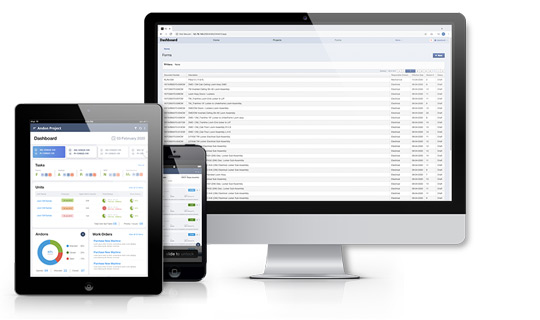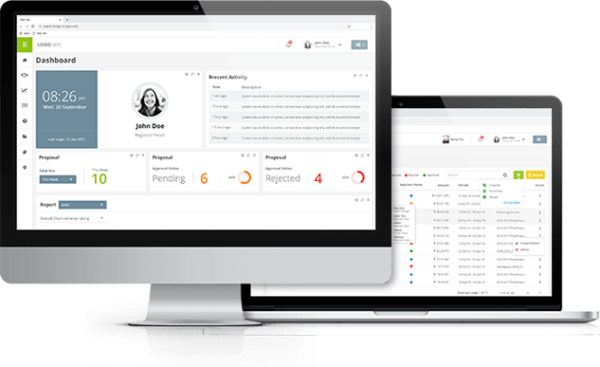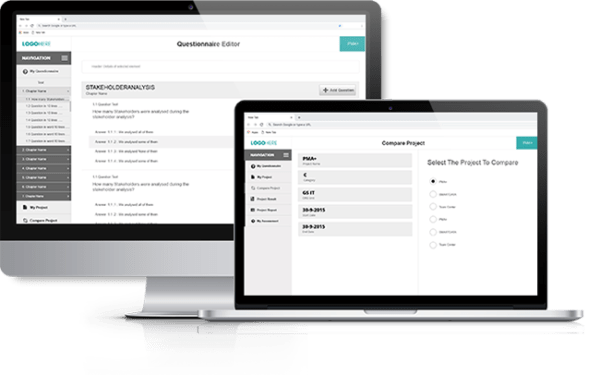Debugging is an essential part of the app development process, and React Native, a popular framework for building cross-platform mobile apps, is no exception. React Native offers various tools and techniques to identify and fix issues in your applications. In this blog post, we’ll explore some common issues encountered during React Native app development and provide solutions to help you debug effectively.
1. JavaScript Errors:
JavaScript errors are among the most common issues you’ll encounter in React Native development. These errors can be caused by typos, syntax errors, or unexpected runtime behavior in your JavaScript code. To tackle JavaScript errors, it’s crucial to adopt good coding practices. Use a code editor or integrated development environment (IDE) that provides real-time error checking. Additionally, utilize ESLint and Prettier to enforce coding standards and catch common errors as you code. React Native also offers debugging tools like the in-app developer menu and the React Native Debugger, which allow you to inspect the state of your application and track down the source of errors.
2. Undefined Variables:
React Native apps often rely on data from APIs, user inputs, or asynchronous operations. When variables are undefined or null, it can lead to crashes or unexpected behavior. Implement proper error handling and validation in your code. Use conditional statements or optional chaining (if your project supports ES2020) to check for undefined variables before accessing their properties or values. This helps prevent crashes and ensures a smoother user experience.
3. Performance Issues:
Slow rendering or unresponsive user interfaces can frustrate users and impact the success of your app. Profiling your React Native app’s performance is essential. React Native provides built-in performance tools that allow you to identify performance bottlenecks. To optimize rendering, consider using PureComponent or memoization techniques such as React.memo to prevent unnecessary re-renders. Utilize the “shouldComponentUpdate” lifecycle method to control when components should update, thus improving overall performance.
4. Platform-Specific Bugs:
React Native aims to provide a consistent experience across platforms, but sometimes, platform-specific issues can occur. Isolate platform-specific code using conditional checks and platform-specific extensions provided by React Native. This allows you to address platform-specific differences and ensure a smoother user experience on both iOS and Android.
5. Native Module Compatibility:
When integrating native modules or third-party libraries, you may encounter compatibility issues.
Keep your dependencies up-to-date to leverage the latest fixes and improvements. Always refer to the library’s documentation for compatibility information, and consider seeking help from the library’s community or forums when encountering issues.
Debugging React Native apps is a crucial skill for developers. While it can be challenging at times, understanding common issues and applying these solutions will help you create more stable and reliable mobile applications. Remember, debugging is an ongoing process, and each debugging session is an opportunity for growth and improvement in your React Native development journey. Connect with zinemind.com to learn more about Debugging React Native Apps and Common Issues and Solutions.













